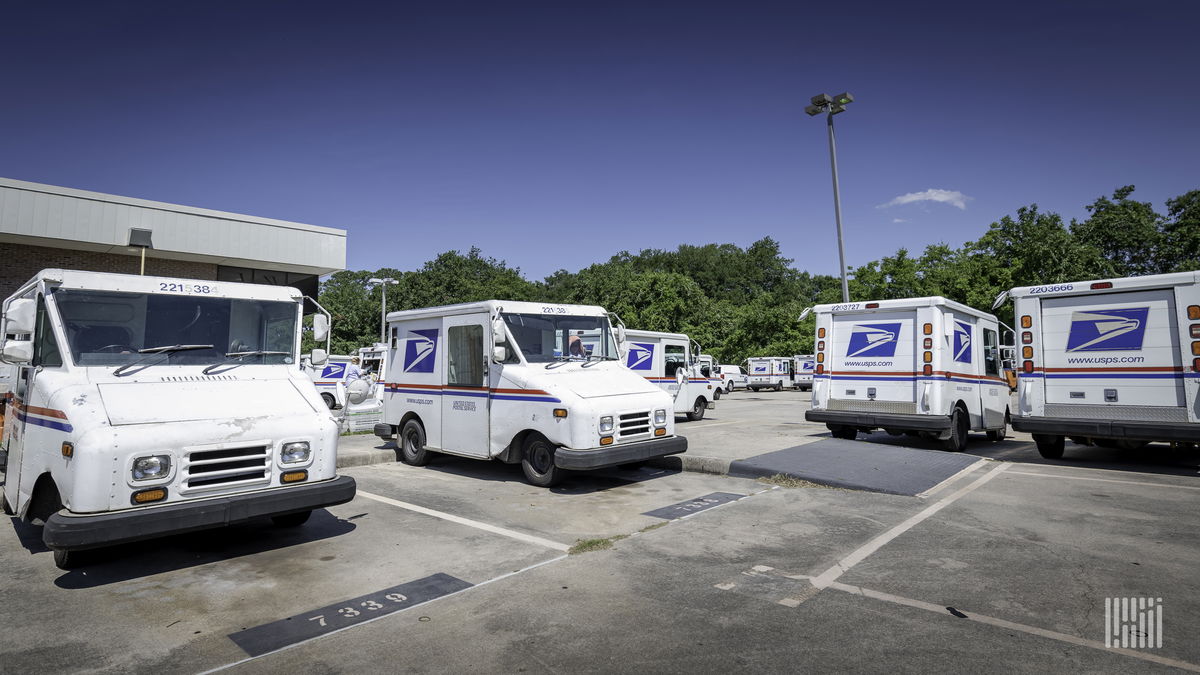David Steiner Named Next Postmaster General: What His Appointment Means for USPS
The United States Postal Service (USPS) is entering a pivotal period with the announcement that David Steiner will be assuming the role of postmaster general. This decision comes at a time when the USPS is facing critical challenges and ongoing debate about its future. In this article, we examine Steiner’s background, the potential impact of his appointment, and why his selection is drawing significant attention nationwide.

Who Is David Steiner?
David Steiner’s name is well-known in the logistics and business sectors. Before being tapped to lead the USPS, Steiner served as a board member for FedEx and previously was the CEO of Waste Management. His experience spans both private-sector logistics giants and public governance, positioning him uniquely to tackle the complexities of America’s mail service.
For more context on Steiner’s professional background and the circumstances leading up to his appointment, you can read the feature from NPR: "David Steiner is the next head of the U.S. Postal Service".
The Controversy Surrounding His Appointment
Steiner’s selection as postmaster general hasn’t come without scrutiny. As a board member at FedEx—a major USPS competitor—questions about potential conflicts of interest have surfaced. In particular, union leaders and policymakers have voiced concerns that his appointment could shift USPS priorities toward privatization or outsourcing, possibly reducing service or increasing costs for customers.
A detailed analysis by FreightWaves breaks down the debate, sharing insights from union representatives and exploring the broader implications for postal workers and rural communities. Many see Steiner’s background in corporate America as a double-edged sword: while he may bring much-needed efficiency, there are worries about protecting jobs and universal service mandates.
What Does This Mean for the Future of USPS?
With David Steiner at the helm, the USPS may be poised for major changes. Steiner has stated his commitment to maintaining the independence of USPS while improving its business and public service missions. Still, his ties to private industry fuel ongoing speculation about increased collaboration—or even competition—between USPS and logistics players like FedEx and UPS.
The agency continues to face pressure on multiple fronts: financial challenges, evolving e-commerce demands, and lingering debate over mail-in voting and rural access. Steiner’s leadership style and strategic decisions in the coming months will likely determine USPS’s direction and its ability to meet the nation’s mail and package needs.
Looking Ahead
David Steiner’s appointment as postmaster general marks a turning point for the USPS. As he prepares to step into this prominent role, all eyes are on how he will navigate complex stakeholder interests, balance modernization with the agency’s historic mission, and rebuild trust among employees and the public.
For readers interested in learning more, be sure to review in-depth reporting and commentary from NPR and FreightWaves for further updates as this story evolves.
In the coming months, how David Steiner shapes the USPS could define the future of mail and delivery services across the United States. Stay tuned for more developments and insights as his leadership gets underway.